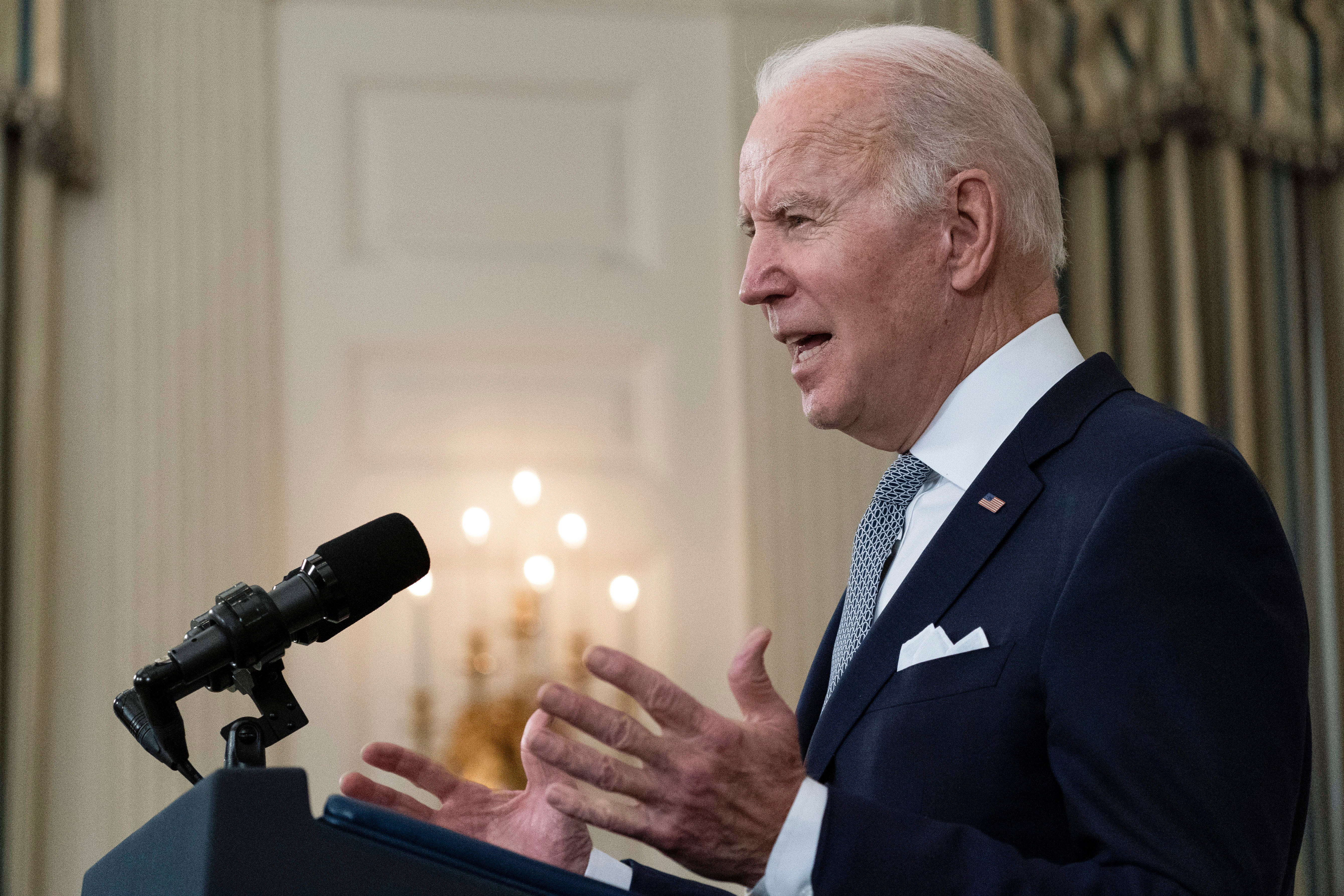Biden administration promises $308m in humanitarian aid to Afghanistan
‘The United States is announcing a new contribution of more than $308 million in humanitarian assistance for the people of Afghanistan,’ says spokesperson for National Security Council

The United States will provide more than $300 million in humanitarian aid to Afghanistan, the Biden administration has announced.
“The United States is announcing a new contribution of more than $308 million in humanitarian assistance for the people of Afghanistan,” Emily Horne, a spokesperson for the National Security Council, said in a statement on Tuesday.
“This brings total US humanitarian aid in Afghanistan and for Afghan refugees in the region to nearly $782 million since October 2021, and we remain the single largest donor of humanitarian aid in Afghanistan.”
Earlier this year, the Biden administration abruptly withdrew US military forces from Afghanistan after 20 years of fighting off the Taliban, an Islamic fundamentalist regime that quickly regained power after the withdrawal. But in the NSC’s statement, American officials said they were not abandoning the country.
“The United States is committed to supporting the Afghan people and we continue to consider all options available to us,” Ms Horne said. “We stand with the people of Afghanistan.”
Ms Horne said the aid, provided by the United States Agency for International Development, is meant to alleviate suffering in the country caused by the Covid-19 pandemic, and other problems, including “drought, malnutrition, and the winter season”.
Specifically, the money is intended to fund shelter, health care, food, water, sanitation, winterisation, and other services for the Afghan people.
Afghanistan’s economy has badly suffered since the Taliban returned, at which point many nations cut off their aid to the country. When the US-backed government was still in power, almost 80 per cent of its budget came from the international community, according to the Associated Press.
As soon as that government collapsed, much of the aid stopped flowing into the country, and necessities like hospitals, schools, and factories have struggled to stay afloat. The result, according to some humanitarian organisations, has been a domino effect of suffering, including severe malnutrition among children.
David Milliband, head of the International Rescue Committee, has said the “cause of today’s humanitarian disaster is clear: the economic tourniquet applied to Afghanistan”.
“It is way past time for a change of approach,” Mr Milliband told AP.
On the same day the US announced its aid package, the United Nations said more than $5 billion would be needed to save the country.
“Events in Afghanistan over the past year have unfolded with dizzying speed and with profound consequences for the Afghan people,” Martin Griffiths, the UN’s Under-Secretary-General for Humanitarian Affairs and Emergency Relief Coordinator, said in a statement outlining the UN’s plans.
“My message is urgent: don’t shut the door on the people of Afghanistan,” Mr Griffiths said. “Humanitarian partners are on the ground, and they are delivering, despite the challenges.”





Join our commenting forum
Join thought-provoking conversations, follow other Independent readers and see their replies
0Comments